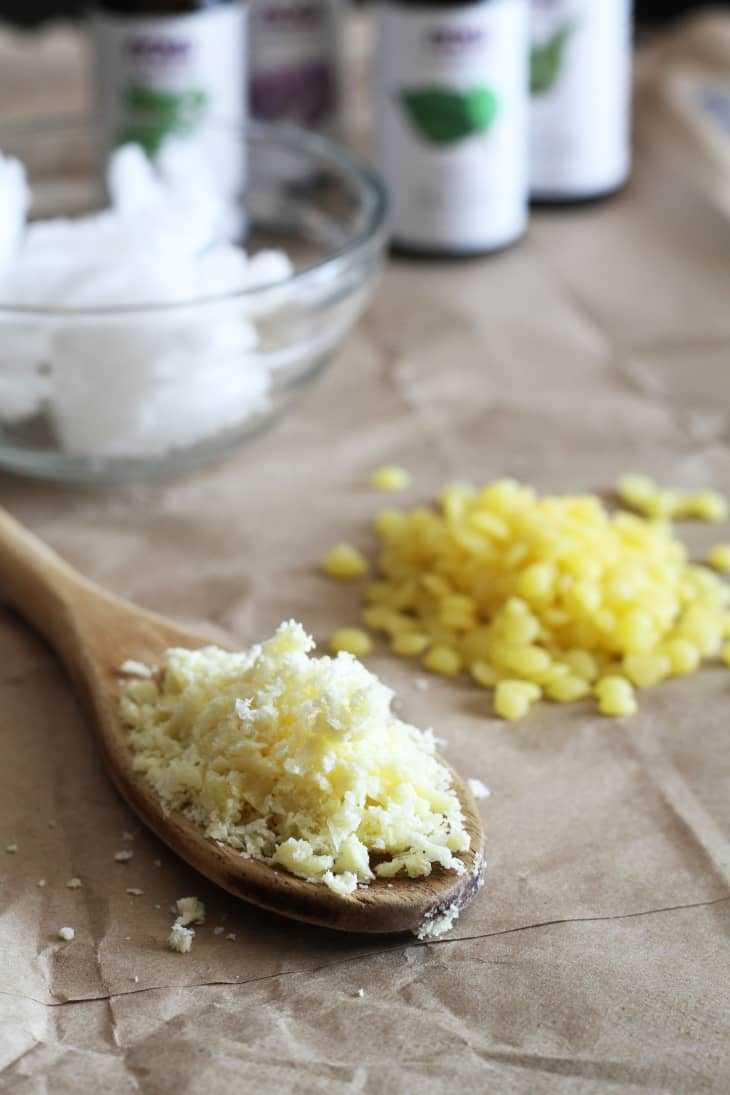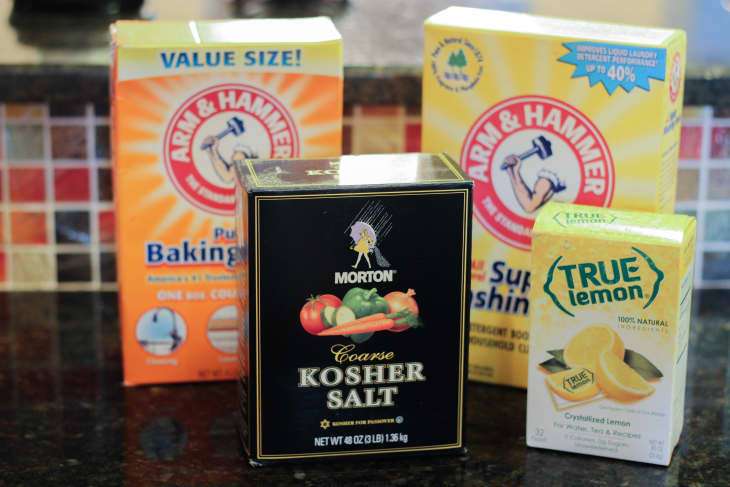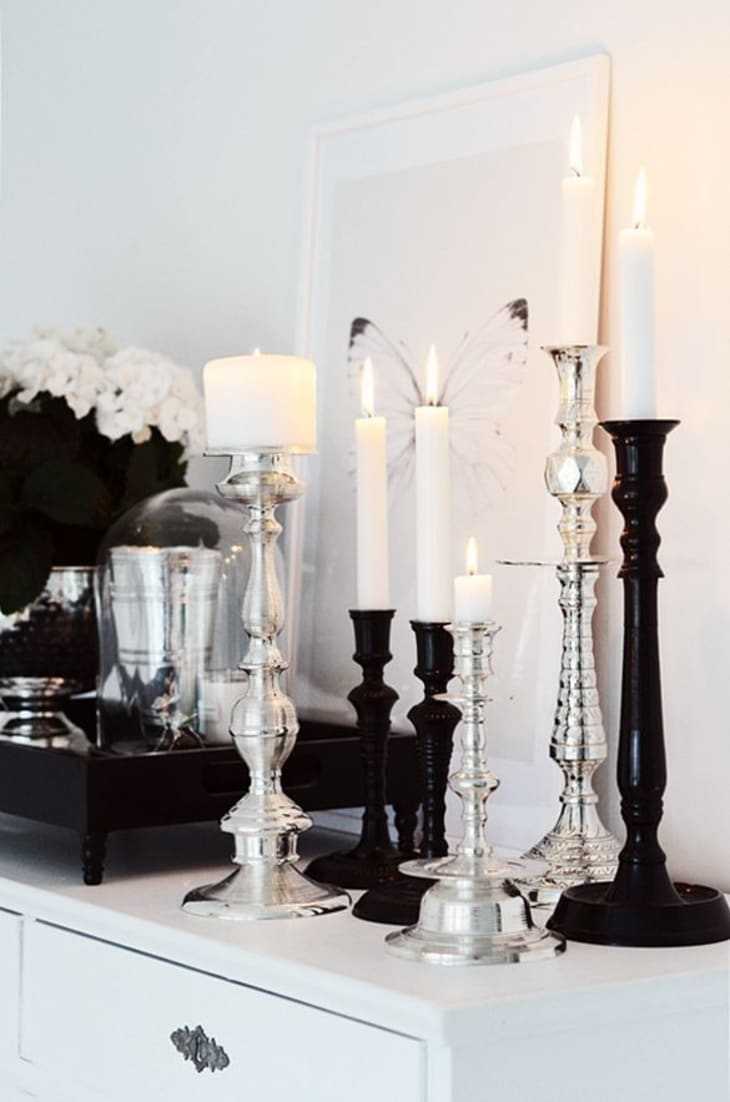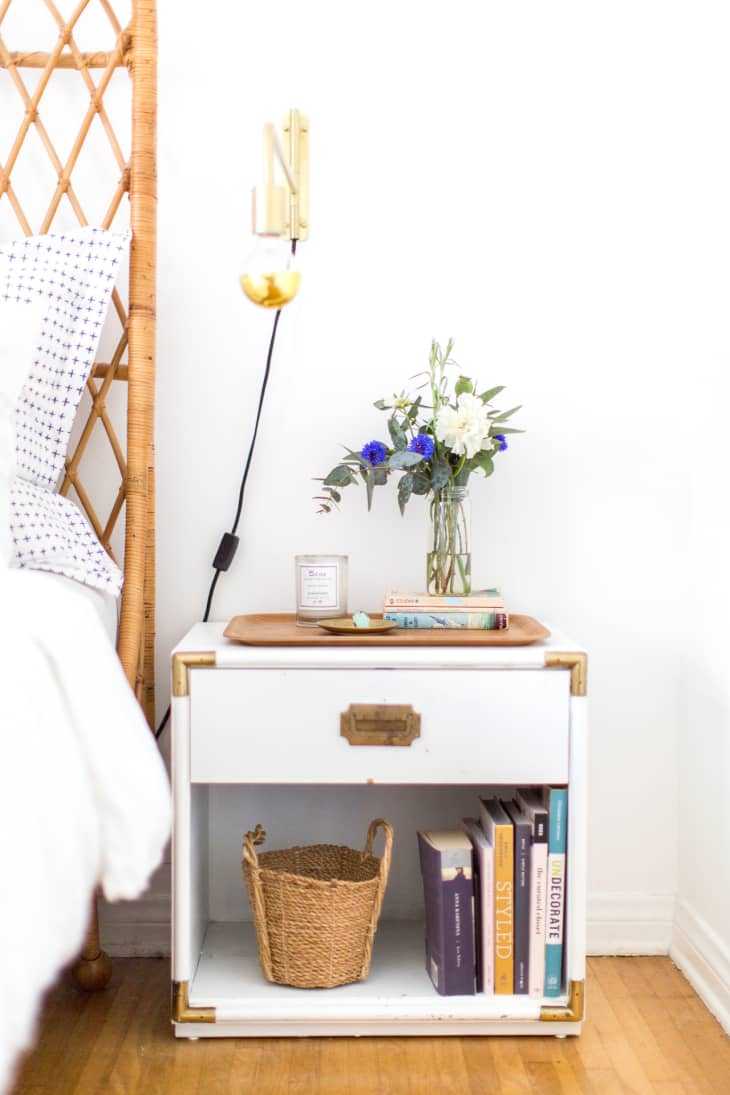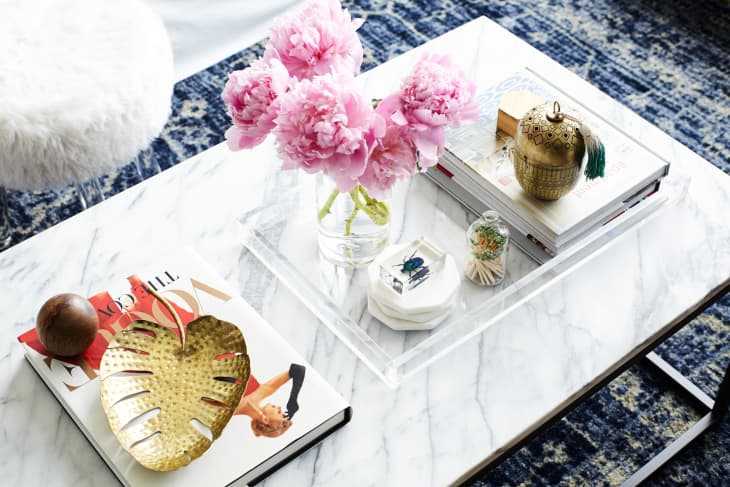What is the Best Tile for Kitchen Floors?

Adding tile to your kitchen is a great way to give it a sleek, sophisticated look. However, picking out which type of tile is right for your home can be a bit tricky. There are several great options available, so it’s important to understand the pros and cons of each to make an informed decision. Use this guide to decide which is the best tile for kitchen floors and your needs. This will help you can pick the right material for an important home upgrade.
Tile Characteristics to Consider
When choosing a type of floor tile for your kitchen, be sure to keep the following factors in mind:
Hardness: The higher a tile’s hardness rating is, the more resistant to scratches and dents it will be.
The higher a tile’s hardness rating is, the more resistant to scratches and dents it will be. Moisture-resistance: Do you experience many spills in the kitchen? If so, you’ll want a nonporous tile.
Do you experience many spills in the kitchen? If so, you’ll want a nonporous tile. Slip-resistance: If you’re concerned about safety, especially with small children, consider looking for a tile that has a slip-resistant surface.
If you’re concerned about safety, especially with small children, consider looking for a tile that has a slip-resistant surface. Maintenance: How much work are you willing to do to keep your floors in good shape? Some tiles have a unique, stylish look, but they require more maintenance.
How much work are you willing to do to keep your floors in good shape? Some tiles have a unique, stylish look, but they require more maintenance. Installation: Some tiles are easier to install on your own, while others require the help of a professional. Consider whether you want a DIY project or if you’re willing to pay others to install your floors for you.
Some tiles are easier to install on your own, while others require the help of a professional. Consider whether you want a DIY project or if you’re willing to pay others to install your floors for you. Budget: Of course, one of the most important factors in your decision will be your budget. Decide how much you’re able to spend on floor tile before you start shopping.
Let’s take a closer look at the properties for three of the most popular kitchen floor tile choices: ceramic, porcelain, and stone.
The Best Tile for Kitchen Floors
Ceramic Floor Tile
Cabot Ceramic Tile – Rio Wood in Brook Beige / SKU: 15221426
Thanks to the affordable price tag and stylish appearance, ceramic tile is one of the most popular types of kitchen tiles. Homeowners appreciate that ceramic tile is available in a wide variety of colors and patterns, so they can create a unique look in the kitchen. In addition, this is one of the easiest types of tile to cut and install on your own, making it a great choice for a DIY renovation. It’s a fun challenge to lay out the tiles in advance to decide what design you’d like for your floor, like a checkered pattern or a colorful border.
There are a few downsides to ceramic tile to keep in mind. Though they are relatively durable, they are not as hard and nonporous as other types of tile, so scratches or stains can develop over time. One way to make this type of flooring a bit more durable is to choose glazed ceramic tiles . This makes the tile harder and more resistant to stains and scratches. However, the glaze can be somewhat slippery when wet, and this tile style is generally more expensive than unglazed ceramic tiles.
You must use specific cleaning solutions on ceramic tile or your floors may develop a slippery buildup. Be sure to follow the instructions on the cleaner properly, especially when applying it to the grout. This usually involves mixing the solution with water and letting it sit on the tiles for a few minutes before mopping.
Porcelain Floor Tile
Cabot Porcelain Tile – Dimensions Series in Glacier / SKU: 15195150
Porcelain tile is actually a type of ceramic tile, so it offers many of the same benefits. However, it’s more durable compared to regular ceramic floor tile because it is fired at a higher temperature, which causes it to be less porous. Porcelain is also made from sand and other materials that lead it to be harder than ceramic tile. This makes porcelain one of the most stain-resistant types of tiles on the market. It’s a popular choice for busy homes where spills in the kitchen occur on a regular basis.
Maintenance is simple and hassle-free with porcelain tile . Their smooth, nonporous surface makes them easy to wipe down with a mop or sponge as needed. You should not use any harsh or abrasive cleaning tools or cleaning solutions when caring for porcelain tile floors.
Unfortunately, the installation process is difficult. This is not a good choice if you’re looking for a DIY project when installing kitchen tile. You’ll definitely need a professional to handle the installation of any porcelain tile.
An important factor to consider with this kitchen flooring choice is whether you want glazed or unglazed porcelain tile . Unglazed porcelain tiles are generally more durable, since they are thicker, denser, and more scratch-resistant. The unfinished surface also provides slip-resistance for those with safety concerns. Glazed tiles are less durable and are slippery when wet. However, these tiles come in a wider range of colors and styles, and the glazed surface makes them more resistant to staining.
Stone Floor Tile
If you want your kitchen to have a luxurious look, choose stone floor tile. Made from pieces of natural stone, this is one of the more expensive types of kitchen tile. However, it offers a distinctive and upscale look. In addition, stone tile is naturally cool, so it’s very comfortable in hot climates. The following are some of the most popular types of stone tile:
Generally, granite tile and slate tile are the most popular types of stone used for flooring, since they are nonporous. You can usually install stone tile on your own. Keep in mind that you will have to seal the tile floor immediately after installing it. In addition, you need to have your stone tile floors resealed at least every 10 years.
Careful maintenance is required with stone floors. They must be swept or vacuumed regularly. Be sure to turn the roller brush off on your vacuum so it doesn’t damage the floors. A damp mop or steam mop should be used on this type of floor, but you don’t want to get it too wet. Leaving water on the stone can damage it. Do not use any harsh cleaners that contain chlorine, ammonia, acid, or vinegar on your stone tiles.
Which Tile is Best for Your Kitchen?

